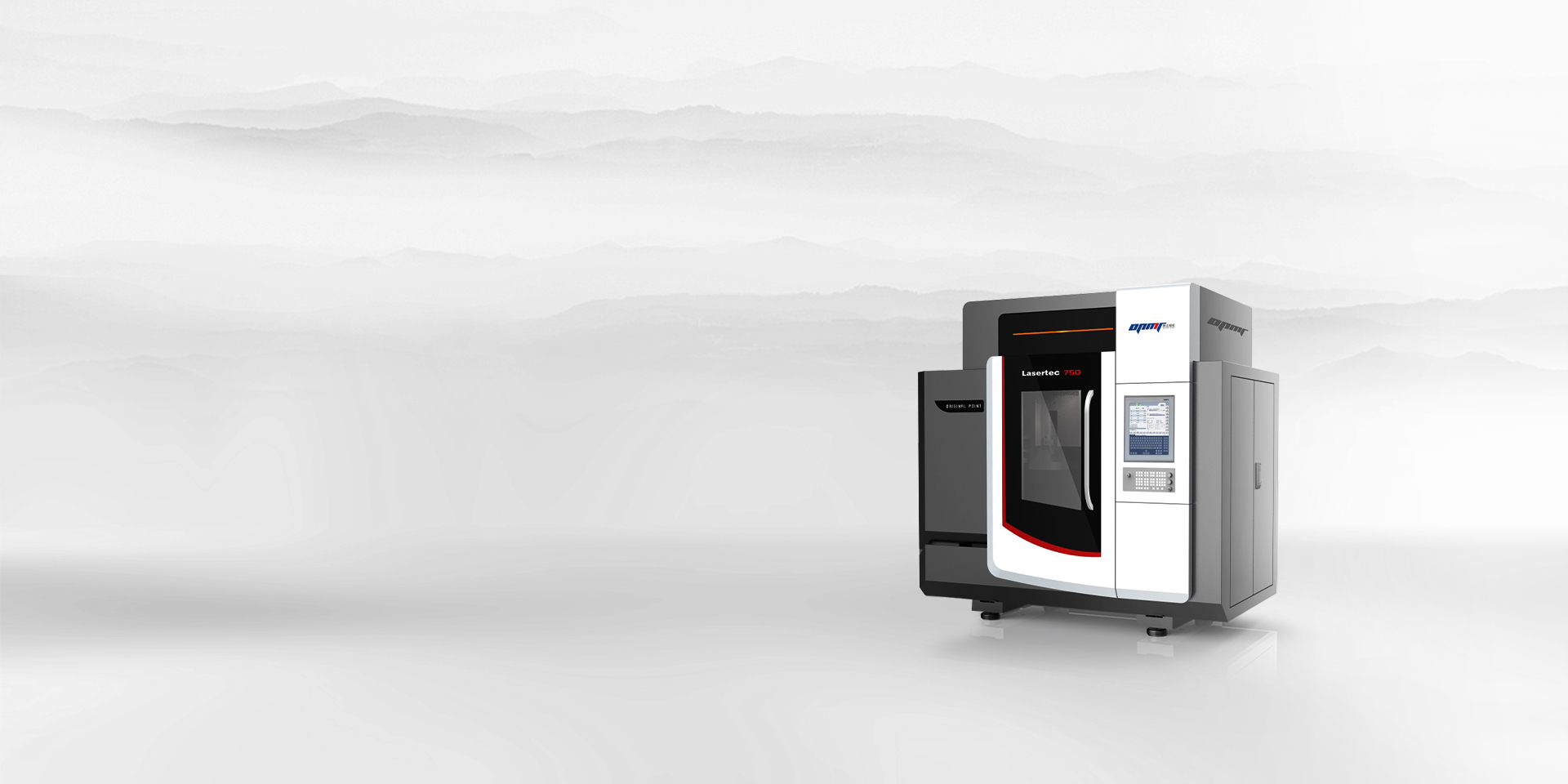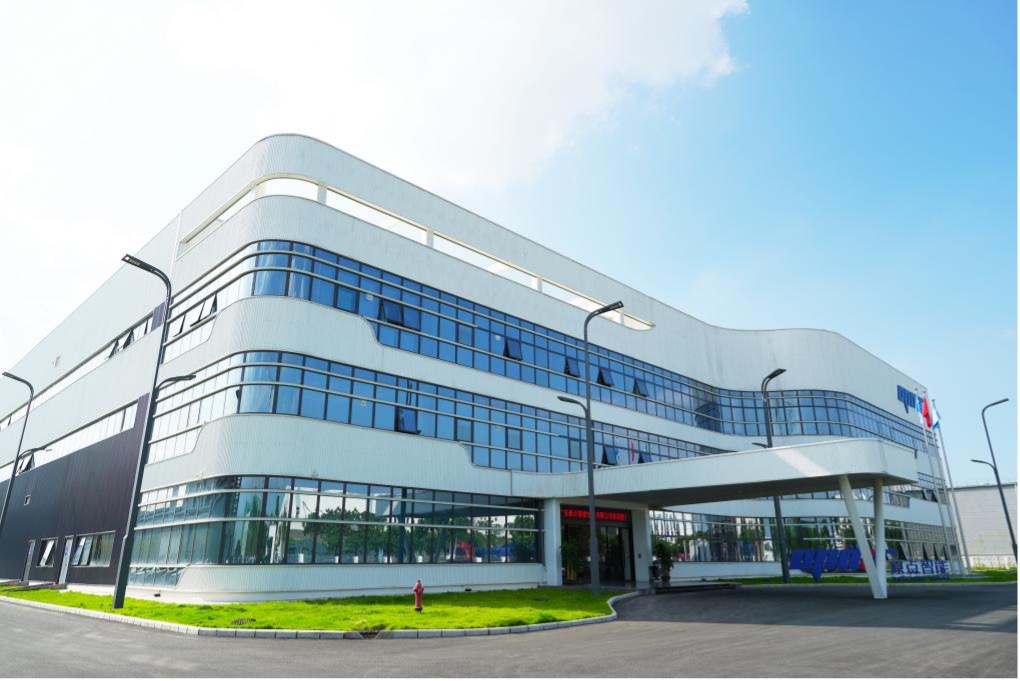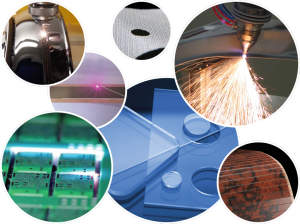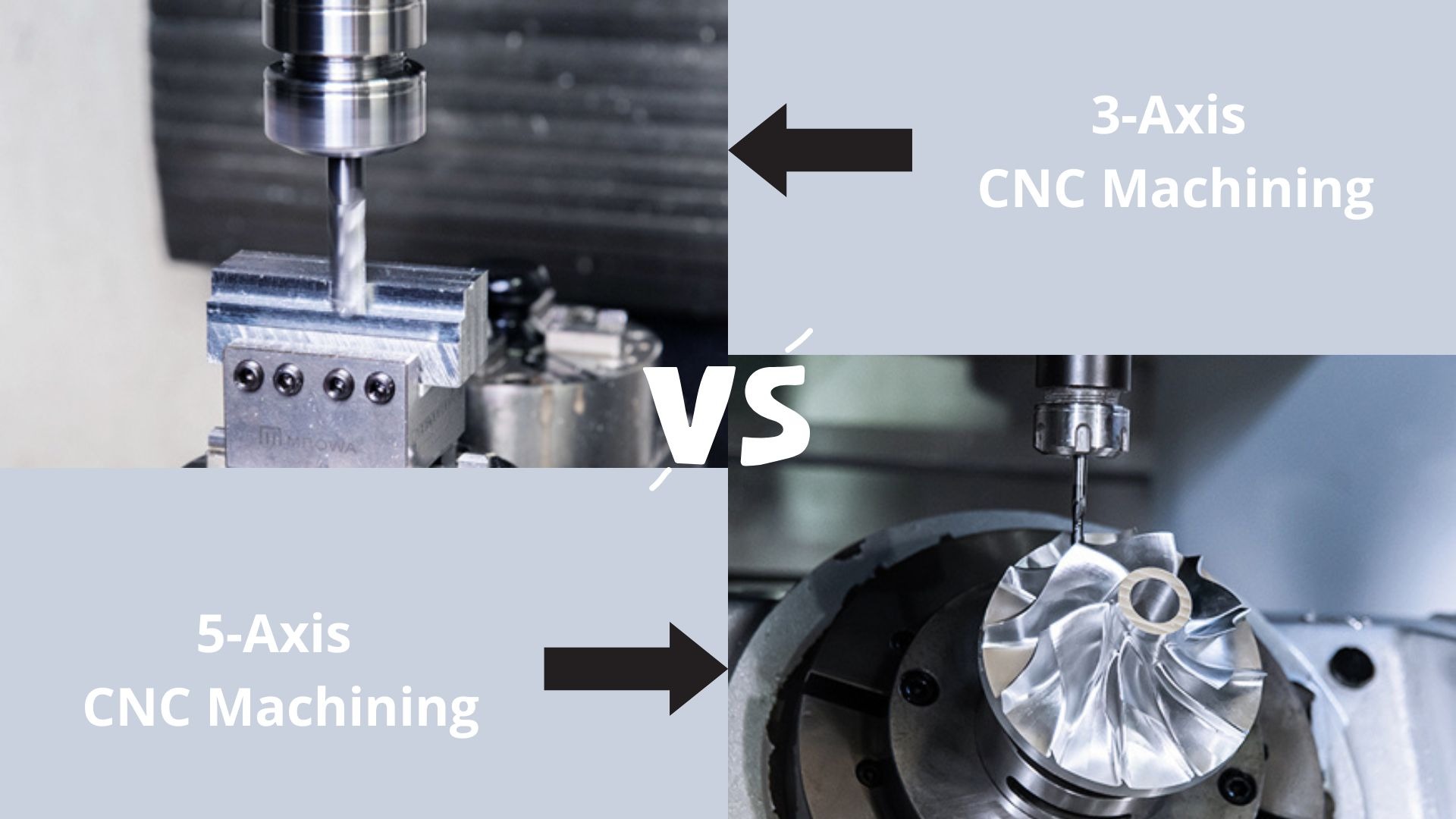The landscape of manufacturing is undergoing a profound transformation, driven by cutting-edge advancements in CNC laser welding technology. OPMT Laser, a pioneer in innovative CNC systems and laser processing solutions, stands at the forefront of this revolution. As we approach 2025, five key innovations are set to redefine the capabilities and efficiency of laser welding in industrial applications.
AI-Driven Optimization in CNC Laser Welding
Artificial intelligence is revolutionizing the precision and adaptability of laser welding processes. OPMT Laser’s advanced AI algorithms now enable real-time welding parameter adjustments, significantly enhancing weld quality and consistency. This smart technology analyzes material properties, environmental conditions, and desired outcomes to optimize welding parameters on the fly.

| Feature | Advantages | Benefits | Comparison with Competitors |
|---|---|---|---|
| Three laser integration | Comprehensive, high stability | Strong integration | Customizable, multi-laser cooperation |
| Turn-mill composite | Turning capability | No comparable model | |
| Full direct drive | High machining quality | High precision | |
| High precision | High precision | Diverse processing types | |
| Multi-station processing, turn-mill | Diverse processing types | Multi-station processing, turn-mill | |
| Multi-axis synchronization | Multi-axis synchronization |
The LIGHTMUT 750V, OPMT Laser’s flagship multi-axis laser processing center, exemplifies this AI-driven approach. Its intelligent control system continuously monitors and adjusts laser power, focus, and speed to achieve optimal results across diverse materials and geometries. This level of adaptive control minimizes defects and maximizes productivity, setting a new standard for welding parameter optimization in 2025.
Ultrafast Lasers: Precision and Efficiency Combined
The advent of ultrafast laser technology is pushing the boundaries of welding precision. OPMT Laser’s ultrafast systems, such as the MICRO3D L570V, deliver pulses in the picosecond to femtosecond range. This incredibly short pulse duration minimizes heat-affected zones, allowing for unprecedented precision in welding heat-sensitive materials and microcomponents.
These ultrafast lasers excel in applications requiring minimal thermal impact, such as medical device manufacturing and electronics assembly. The ability to weld dissimilar materials with vastly different melting points opens up new possibilities in product design and manufacturing processes.
Green Lasers: Revolutionizing Reflective Material Welding
Green laser technology is transforming the welding of highly reflective materials like copper and gold. OPMT Laser’s green laser systems, including the L03A series, offer superior absorption characteristics for these challenging materials. This innovation enables more efficient and stable welding processes for applications in electronics manufacturing and renewable energy sectors.
The unique properties of green lasers allow for deeper penetration and cleaner welds on reflective surfaces, addressing long-standing challenges in industries reliant on copper components. As demand for electric vehicles and advanced electronics continues to surge, green laser welding is poised to play a crucial role in enhancing production efficiency and product quality.
Hybrid Laser Systems: Versatility Meets Performance
Combining Laser Technologies for Enhanced Capabilities
The integration of multiple laser types within a single system represents a significant leap forward in welding technology. OPMT Laser’s LIGHTMUT 750V exemplifies this trend, merging fiber and CO2 lasers to tackle a broader range of materials and thicknesses. This hybrid approach allows manufacturers to switch seamlessly between welding metals and non-metals, reducing the need for multiple specialized machines.
Adaptive Processing for Complex Materials
Hybrid laser systems excel in processing materials with varying compositions or thicknesses. For instance, in automotive manufacturing, these systems can weld aluminum body panels to steel frames, optimizing vehicle weight without compromising structural integrity. The LIGHTMUT 750V’s intelligent control system automatically adjusts laser parameters to maintain weld quality across material transitions, ensuring consistent results in mixed-material assemblies.
Automated Material Handling in CNC Laser Welding
Robotic Integration for Enhanced Efficiency
The marriage of CNC laser welding with advanced robotics has revolutionized material handling in manufacturing. OPMT Laser’s LIGHT 5X 60V incorporates robotic arms capable of manipulating workpieces with six degrees of freedom, enabling complex welding operations without manual intervention. This integration has led to a remarkable 40% reduction in cycle times for intricate aerospace components.
AI-Driven Optimization of Material Flow
Artificial intelligence plays a crucial role in streamlining material handling processes. The LIGHT 5X 60V utilizes machine learning algorithms to predict optimal part positioning and welding sequences, minimizing idle time and maximizing throughput. This AI-driven approach has resulted in a 25% increase in overall equipment effectiveness (OEE) for manufacturers adopting these advanced systems.
Choosing the Right CNC Laser Welding Machine
Assessing Production Requirements
Selecting the appropriate CNC laser welding machine requires a thorough evaluation of production needs. Factors such as material types, thickness ranges, and required precision all influence the choice of equipment. OPMT Laser’s LP550V, for example, offers a versatile solution for manufacturers dealing with a wide range of materials, from thin sheets to thick plates, with its adjustable laser power and advanced beam shaping capabilities.
Future-Proofing Investments
When investing in CNC laser welding technology, it’s crucial to consider future production needs. The MICRO3D L570V from OPMT Laser is designed with modularity in mind, allowing for easy upgrades and integration of new features as technology evolves. This forward-thinking approach ensures that manufacturers can adapt to changing market demands without the need for complete system overhauls.
Advanced Techniques for Complex Welding Applications
Multi-Axis Precision in Laser Welding
The advent of multi-axis CNC laser systems has opened new possibilities for complex welding applications. OPMT Laser’s 563V Vertical 5-Axis Machining Center combines laser welding capabilities with traditional machining, enabling the production of intricate components in a single setup. This integration of technologies has proven particularly valuable in the medical device industry, where it has reduced production times for custom implants by up to 60%.
Overcoming Challenges in Exotic Material Welding
Welding exotic materials such as titanium alloys and high-strength steels presents unique challenges that require specialized solutions. The DIACUT L315V from OPMT Laser incorporates advanced beam shaping technology and precise control over laser parameters to achieve high-quality welds in these demanding materials. This capability has been instrumental in aerospace applications, enabling the production of lightweight yet durable components for next-generation aircraft.
Conclusion
The landscape of CNC laser welding is evolving rapidly, driven by advancements in laser technology, automation, and artificial intelligence. As we look towards 2025 and beyond, the integration of these technologies promises to deliver unprecedented levels of precision, efficiency, and versatility in manufacturing processes. OPMT Laser remains at the forefront of this revolution, continuously innovating to meet the changing needs of industries ranging from automotive and aerospace to medical device manufacturing.
The future of CNC laser welding lies in smart, adaptable systems that can seamlessly handle a wide range of materials and complex geometries. As manufacturers increasingly adopt these advanced technologies, we can expect to see significant improvements in product quality, production efficiency, and overall manufacturing capabilities. The journey towards fully automated, AI-driven manufacturing is well underway, and CNC laser welding is playing a pivotal role in shaping this new industrial landscape.





